
Cyber insurance demand rises as global tensions fuel surge in digital threats
Cyber insurance has become the fastest-growing area of demand in the insurance sector, as conflicts and geopolitical tensions increasingly spill into cyberspace. Organizations are reportedly investing ever more heavily in protection against cyberattacks, while insurers are adapting coverage and response capabilities to address complex, politically driven digital risks, according to new findings from GlobalData.
A GlobalData poll conducted across its Verdict Media network, found that 27.4 percent of industry professionals expect cyber insurance to see the sharpest increase in demand. This placed it ahead of political risk insurance at 25 percent, supply chain insurance at 23.8 percent, and business interruption insurance at 13.1 percent. The data suggests that concerns about digital security now outweigh those linked to traditional operational and political exposures.
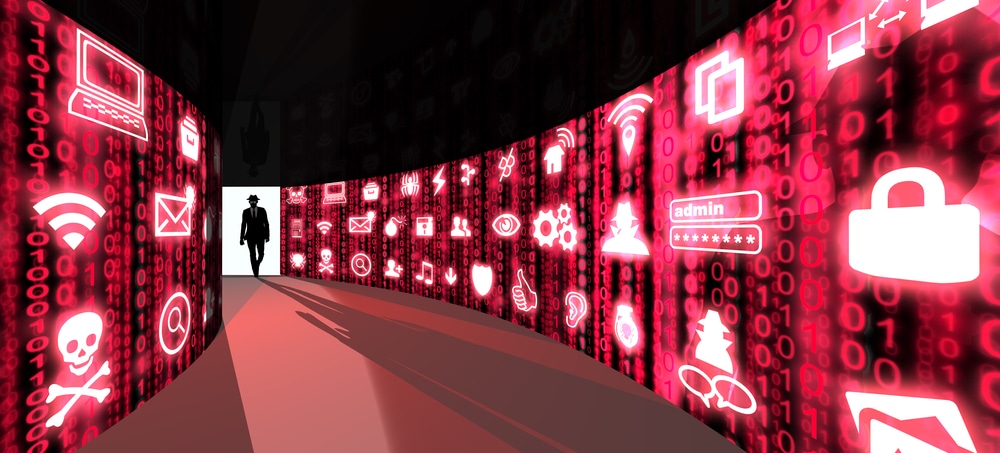
AI-powered malware surges as cybercriminals exploit automation and geopolitical tensions
Trellix has published its latest CyberThreat Report: October 2025, highlighting a clear rise in the use of AI-powered tools and malware by cybercriminals.
Drawing on global threat intelligence gathered between April and September 2025, the report explores how automation, geopolitics, and AI are reshaping modern attack methods.
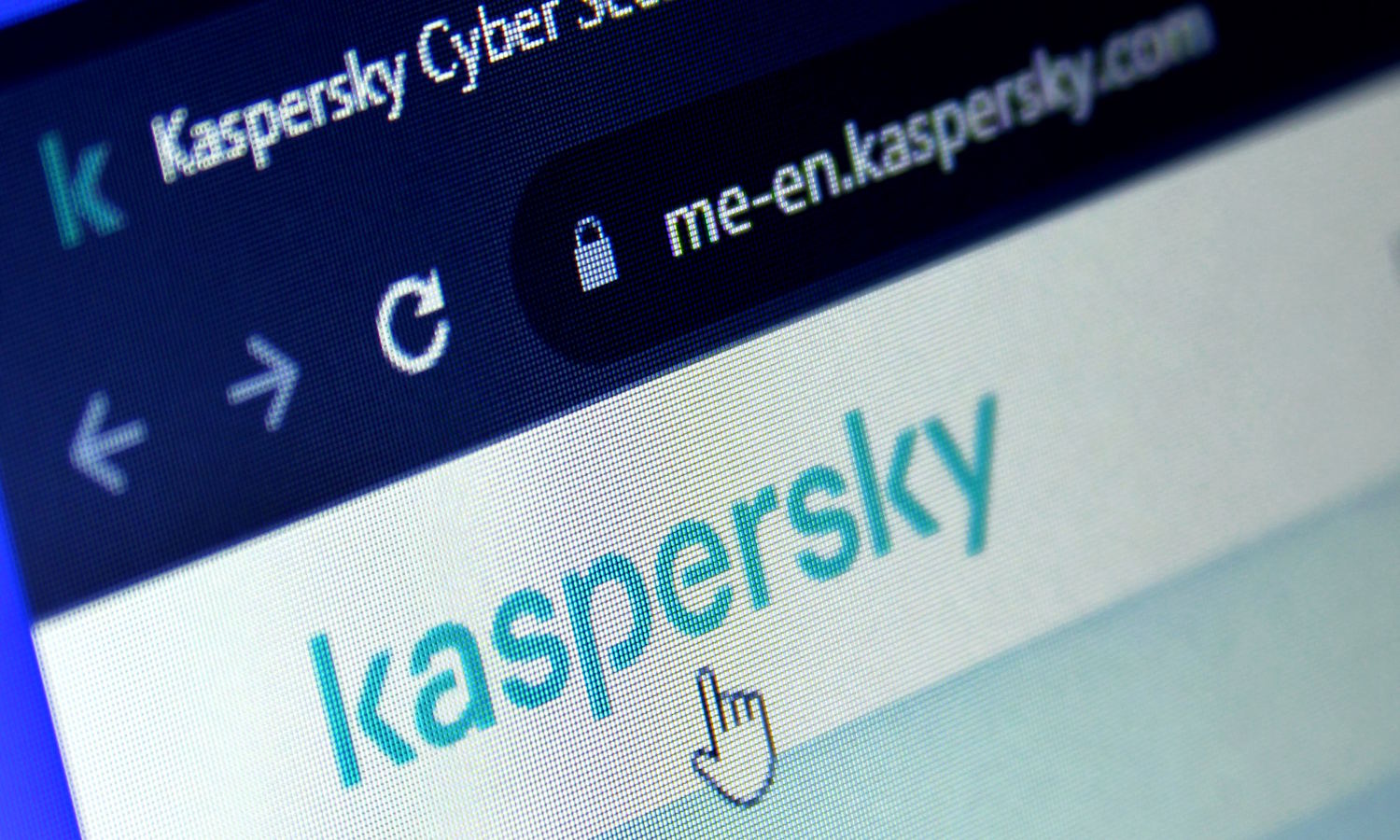
The US is not the only country to ban Kaspersky product because of security concerns
Security firm Kaspersky has suffered a dramatic fall from grace in recent years because of its Russian ties. Around the world, concerns have sprung up that the security software actually poses a security risk.
In the middle of last year, the US government banned the software from being sold in the country -- or even updated for existing users. Following suit, Australia has also announced a ban, citing a "security risk to the Commonwealth". Fears of "foreign interference, espionage and sabotage" were also key factors.
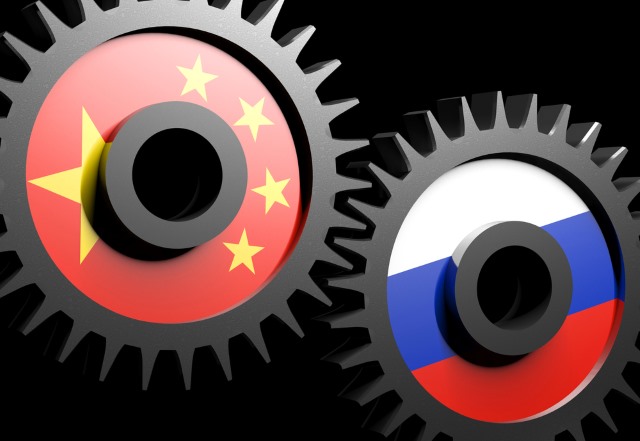
Experts call for proactivity to combat state-sponsored cyber threats in 2025
In 2024, opposing nation-states have utilized cyberattacks to project power and disruption from within their own borders. This shift has been epitomized by the rise of the “Axis of Upheaval,” dominated by the CRINKs nations -- China, Russia, Iran, North Korea -- who share a common reliance on using cyberattacks to wreak havoc in an affordable manner.
Whether it’s North Korea using ransomware to generate revenue for its isolated regime, or Russia focusing on disrupting and eroding public trust in democratic institutions, each state is finding its niche to cause harm. Despite these varied goals and techniques, it’s the same sectors again and again in the crosshairs. Whether it’s CNI, healthcare, or finance, these organizations now must protect against a wide range of attack styles and techniques.
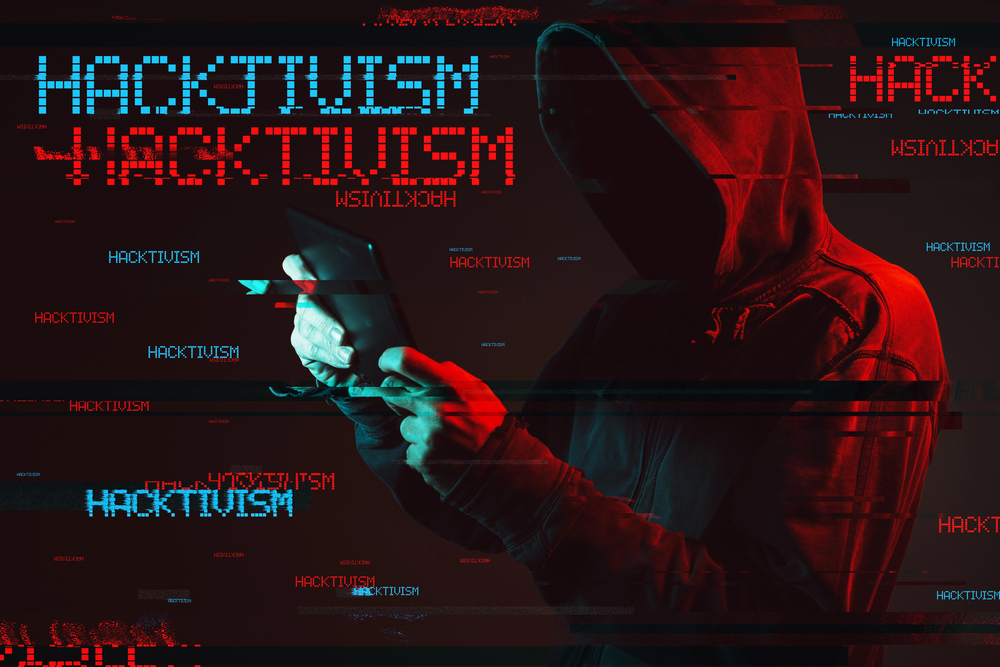
Pro-Russian hacktivists target Europe
A new report shows that 96 percent of attacks conducted by a leading pro-Russian hacktivist group targeted Europe this year, with attackers focusing on influencing public perception and trust over direct technical disruptions.
Based on research and data from more than 135,000 security events in 160 countries, the Security Navigator report from Orange Cyberdefense also reveals that hacktivists were responsible for 23 percent of cyberattacks that directly targeted OT and 46 percent of these attacks resulted in a 'manipulation of control.'

Google removes Kaspersky apps from its store
Google has unceremoniously evicted Kaspersky’s apps from the Play Store. While the Russian security firm insists that the removal is temporary, it comes after the company’s software was banded from being sold in the US.
The move not only means that it is no longer possible to download Kaspersky apps from Google store, but also that existing users are unable to obtain updates. Google did announce the removals ahead of time.

Meta bans RT and other Russian state media from Facebook and Instagram
Citing "foreign interference activity", Meta has introduced a global ban on Russian state media outlets on its social media platforms. The move is fueled in part by concern about attempts by Russia to influence the 2024 US presidential election.
The ban, which is coming into force over the next few days, means that the likes of RT (formerly Russia Today) and Rossiya Segodnya will no longer have access to Facebook, Instagram, WhatsApp and Threads.

Cyberattacks -- where they come from and the tactics they use
A new report from Netskope looks at the activities of cybercriminals based on the techniques and motivators that were most commonly detected among its customers in the first three quarters of 2023.
In news that will come as a surprise to precisely nobody it shows that the highest percentage of cybercriminal activity comes from Russia, while China accounts for most politically-motivated attacks.

UK Electoral Commission systems breached for over a year
Systems at the Electoral Commission, the body which oversees elections in the UK, have suffered a breach exposing electoral registers which hold the data of anyone registered to vote between 2014 and 2022. The Commission’s email system was also exposed in the breach.
In a statement on its website the Commission says it identified the incident in October last year but that systems were accessed as long ago as August 2021.

Cybersecurity in the utility space isn't just about keeping the lights on, it's about saving lives.
Russia’s invasion of Ukraine in February 2022 signaled many things to the Western world, but perhaps one of the biggest warnings was how precarious energy security really was as oil and gas prices skyrocketed following the start of the war.
As Europe entered winter and the demand for energy increased, it highlighted just how vicious the cycle can be as cyber attacks on critical infrastructure and operation technology increased.

Ransomware vulnerabilities increase as Russia-linked activity surges
The first quarter of 2022 has seen a 7.6 percent increase in the number of vulnerabilities tied to ransomware, with 22 new ones discovered.
The latest Ransomware Index from Ivanti, conducted with Cyber Security Works, shows that of those 22, 19 are connected to Conti -- a prolific ransomware group that pledged support for the Russian government following the invasion of Ukraine.

NewProfilePic -- From Russia with security risks [Updated]
The NewProfilePic app has been taking Facebook by storm in recent days, allowing users to upload a photograph and have it turned into a piece of digital artwork.
However, it's sparked concern in the cybersecurity community because it collects data and sends it to Russia. Linerock Investments, the company behind the app, is based in Moscow alongside Russia's defense ministry.

How the Ukraine-Russia conflict affects international remote employment
Russia invading Ukraine is just the latest large-scale crisis and source of consternation on the world stage. The effects of a lingering pandemic, decimated economies and the threat of spiraling global war add up to a fraught situation for employees, recruiters, managers and business leaders.
This is a brief look at how the Ukraine-Russia conflict is affecting the stability, availability, culture and safety of international remote employment.
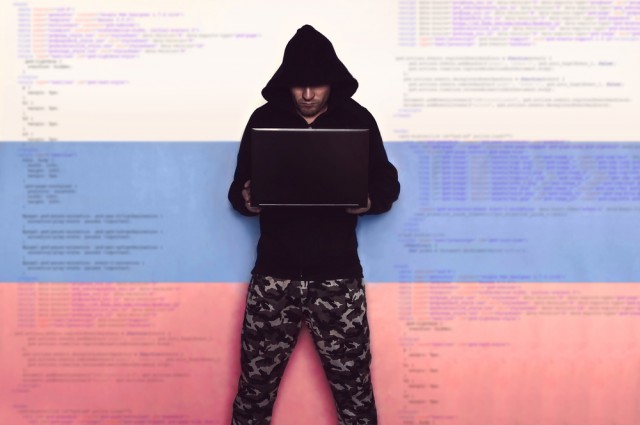
Over 3.5 million Russian internet users suffer breached accounts
It's hard not to feel just a little bit sorry for the Russians at the moment. First the Ukrainians keep blowing up their tanks, and now it seems the country has topped the charts in terms of breached accounts from January to March this year.
A study by Surfshark shows that since the start of the invasion of Ukraine in March, 136 percent more Russian accounts have been breached than in February. Ukraine meanwhile appeared in 67 percent fewer breaches than in the quarter before the war.

How to quickly end the war in Ukraine -- deploy $10 laser pointers
President Zelenskyy of Ukraine is begging NATO for a no-fly zone they can’t risk providing. So I came up with another solution -- $10 laser pointers.
Buy 100,000 laser pointers and give them to Ukrainian mothers (not kids -- too dangerous). Even the puniest lockable laser pointer (notice the keys?) can temporarily blind a pilot at a distance of more than a mile, so what will 100 non-puny laser pointers do to the same aircraft? It would not only create an effective no-fly zone, it might kill hundreds of Russian pilots before they figure it out.
